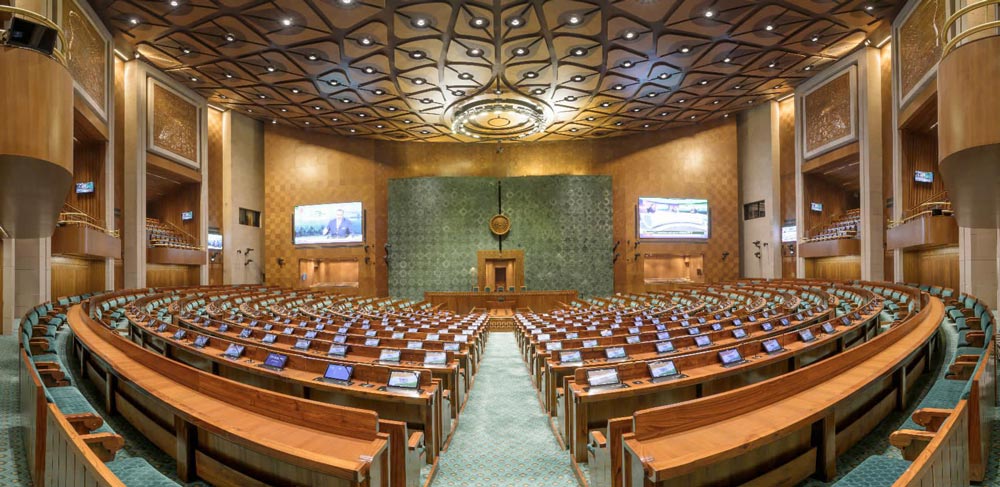
The Lok Sabha approved the Immigration and Foreigners Bill 2025, a sweeping reform aimed at modernizing India’simmigration framework and bolstering national security.
Passed by a voice vote on March 27, the bill consolidates and replaces four outdated laws, introducing stricter regulations on the entry, stay, and exit of foreigners while emphasizing the government’s commitment to welcoming those who contribute to the nation’s growth.
The legislation, piloted by the Union Home Ministry, scraps the Passport (Entry into India) Act of 1920, the Registration of Foreigners Act of 1939, the Foreigners Act of 1946, and the Immigration (Carriers’ Liability) Act of 2000—statutes rooted in colonial times and deemed inadequate for today’s challenges.
Union Home Minister Amit Shah, addressing the house during a spirited debate, pointed out the bill’s dual purpose: fostering economic progress and safeguarding India’s borders.
‘We welcome those who come for education, business, or tourism, but India is not a free shelter for those who threaten our security,’ Mr. Shah declared, using the Hindi term ‘Dharamshala’ to emphasize his point.
The New Law
Under the new law, foreigners entering India must carry valid passports and visas, with immigration officersempowered to examine documents at designated entry points. Those caught using forged papers face up to seven years in prison and fines reaching Rs 10 lakh while entering without proper documentation could lead to five years’imprisonment and a Rs 5 lakh penalty. The bill also mandates hotels, universities, and hospitals to report details of foreign guests, students, or patients, aiming to curb overstays and track movements more effectively.
A key feature is the establishment of a Bureau of Immigration, headed by a Commissioner appointed by the central government. This body will oversee visa issuance, entry-exit regulation, and other immigration functions, centralizing authority previously scattered across multiple agencies. Additionally, carriers—whether airlines, shipping firms, or land transport operators—must now submit passenger and crew data, facing fines of up to Rs 5 lakh for non-compliance or transporting undocumented foreigners.
Opposition up in arms
The bill sparked sharp exchanges in the Lok Sabha. Opposition leaders, including Congress MP Manish Tewari, criticized provisions granting immigration officers unchecked powers, such as final say in disputes without appeal mechanisms. ‘This risks violating natural justice,’ Tewari argued, urging the bill be sent to a parliamentary committee for scrutiny—a suggestion rejected by the majority. Trinamool Congress MP Saugata Roy called it superfluous, warning it could deter foreign talent in academia and medicine.
Home Minister Amit Shah countered by linking immigration to broader security concerns, alleging that illegal entrants, including Rohingyas and Bangladeshis, exploit lax controls to destabilize the country. He pointed fingers at West Bengal’s government, claiming it obstructs border fencing efforts, leaving 450 kilometers incomplete. ‘Those who come to create unrest will face strict action,’ he vowed, citing India’s rise as the world’s fifth-largest economy as a magnet for both opportunity-seekers and potential threats.
The bill’s passage reflects the PM Modi government’s push to streamline legal frameworks while addressing illegal migration—a persistent issue along India’s porous borders. Supporters hail it as a forward-looking measure to balance economic openness with sovereignty, noting that 98.4 lakh foreigners visited India between April 2023 and March 2024 alone. Critics, however, fear its stringent penalties and surveillance measures could strain India’s global image as a welcoming destination.
With the Lok Sabha’s nod, the bill now heads to the Rajya Sabha.